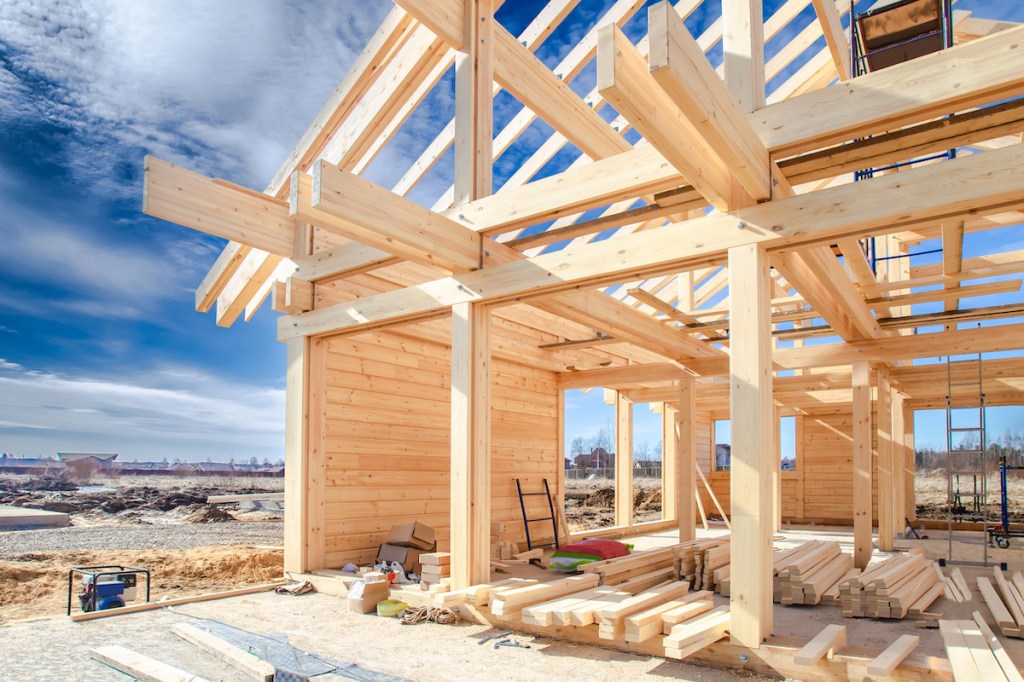Skyrocketing mortgage rates and a slowdown in new home constructions led to a drop in home purchases in April. Mortgage applications for new home purchases dropped 10.6% in April from the same period last year, according to the Mortgage Bankers Association builder application survey. Compared with last month, applications dropped by 14%.
MBA estimates that about 701,000 new homes were sold in April at a seasonally adjusted annual rate, marking a decline for five consecutive months. It was the slowest sales pace since May 2020. On an unadjusted basis, MBA estimates that there were 65,000 new home sales in April 2022, a decrease of 12.2% from 74,000 new home sales in March.
“New home purchase activity declined on a monthly and annual basis in April, as the spike in mortgage rates cooled demand, and homebuilders continued to grapple with rising costs, supply-chain issues, and extended completion timelines,” said Joel Kan, MBA’s associate vice president of economic and industry forecasting, in a statement.
Purchase mortgage rates this week averaged 5.25%, way above last year’s 30-year-fixed rate of 3%, according to the latest Freddie Mac PMMS.
“With the supply of existing homes on the market still at extremely low levels, the new home market is an important source of housing supply. However, the pace of construction has slowed in recent months,” Kan added.
Homebuilders constructed about 1.23 million houses in April, down 5.1% from March and 8.6% from April 2021, according to the U.S. Census Bureau and the U.S. Department of Housing and Urban Development. Single-family home constructions saw a 4.9% month-over-month decrease to 1 million and multifamily house completions were down 6.6% from March to 281,000.
The average loan size rose to a new survey high of $436,576. Over half of the applications were for loan amounts greater than $400,000, the MBA said.
Conventional loans accounted for 76.7% of loan applications. Federal Housing Administration (FHA) loans composed 13.1%, Veterans Affairs (VA) loans took up 10.1% of total applications and Rural Housing Service (RHS) and United States Department of Agriculture (USDA) loans consisted of 0.2%.
The survey tracks application volume from mortgage subsidiaries of homebuilders across the country. Using this data, MBA provides an early estimate of new home sales volumes at the national, state and metro level.






